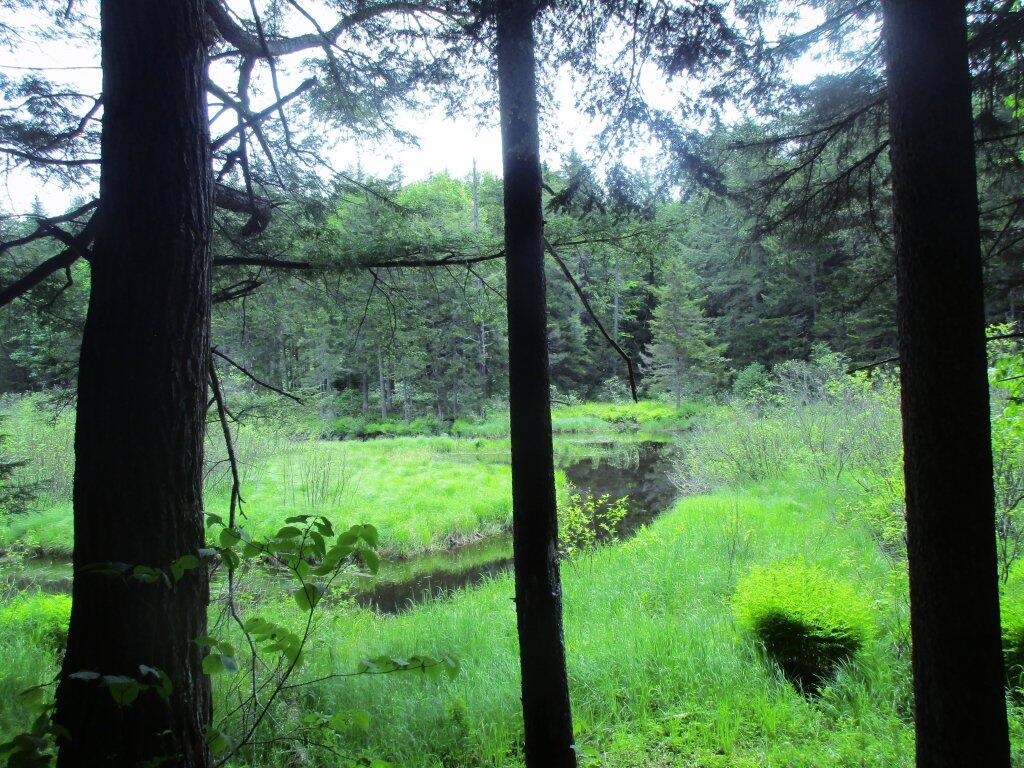Climate Change
The Arctic Ocean and Greenland ice sheet have seen record June ice loss – The Washington Post
Ice is melting in unprecedented ways as summer approaches in the Arctic. In recent days, observations have revealed a record-challenging melt event over the Greenland ice sheet, while the extent of ice over the Arctic Ocean has never been this low in mid-June during the age of weather satellites. Greenland saw temperatures soar up to 40 degrees above normal Wednesday, while open water exists in places north of Alaska where it seldom, if ever, has in recent times.
Replace income taxes with a carbon tax
I think we should replace the corporate and income tax with a high carbon tax…
The economics of a high carbon tax is simple. If gasoline is $15 gallon people will motor a lot less and if electricity is $500 a month per household, ipeople will use a lot less. Sure there will be a lot of pain in the short run but people will find ways to survive if polluting practices are expensive. Efficient businesses and efficient practices are rewarded with a carbon tax.
We want to encourage wealth and investment in society. A carbon tax and repealing taxes on individuals and businesses will encourage investment rather than consumption. There is too little savings and too much consumption.
I think we need to stop focusing on the poor, and focus on what’s right for our country as a whole – economic growth, jobs and promotion of efficient practices. There is too much waste in society that high taxes on carbon could root out of society – even if it hurts a certain people as times change.
I work in the environmental movement. I don’t care if you recycle. – Vox
NPR
The chief of the U.S. Forest Service is warning that a billion acres of land across America are at risk of catastrophic wildfires like last fall's deadly Camp Fire that destroyed most of Paradise, Calif. As we head into summer, with smoke already drifting into the Northwest from wildfires in Alberta, Canada, Vicki Christiansen said wildfires are now a year-round phenomenon. She pointed to the hazardous conditions in forests that result from a history of suppression of wildfires, rampant home development in high-risk places and the changing climate. "When you look nationwide there's not any place that we're really at a fire season. Fire season is not an appropriate term anymore," Christiansen said in an interview with NPR at the agency's headquarters in Washington.
Can Your Personal Choices Curb Climate Change? Not Even Scientists Agree.
Many people who care about climate change are wrestling with what, if anything, they can do about it. Although many of the most popular consumer choices, from ditching plastic straws to using an electric vehicle instead of a gas-guzzler, have some environmental benefits — they don’t put a dent in global emissions. Meanwhile, carbon pollution is approaching frightening levels: According to an influential report published in October, the world could experience dangerous warming as early as 2030 if we don’t rapidly cut emissions.
And yet, President Trump has reversed course on a lot of US climate policies. His administration has repealed the Clean Power Plan designed to curb pollution from coal plants, gutted stricter climate standards for cars and trucks and, just this month, signed executive orders aimed to streamline the development of new fossil fuel projects. Trump also pledged to withdraw the US from the Paris climate agreement, slowing momentum for global action.
How Much Ice Has Greenland Lost to Climate Change? – The Atlantic
Suffice it to say: The Greenland Ice Sheet, which contains enough water to refill the Great Lakes 115 times over, is very large. And it is also falling apart.
A new study finds that the Greenland Ice Sheet added a quarter inch of water to global sea levels in just the past eight years. The research, published Monday in the journal Proceedings of the National Academy of Sciences, covers nearly 20 years previously not included in our detailed understanding of the troubled Greenland Ice Sheet. It finds that climate change has already bled trillions of tons of ice from the island reservoir, with more loss than expected coming from its unstable northern half.
